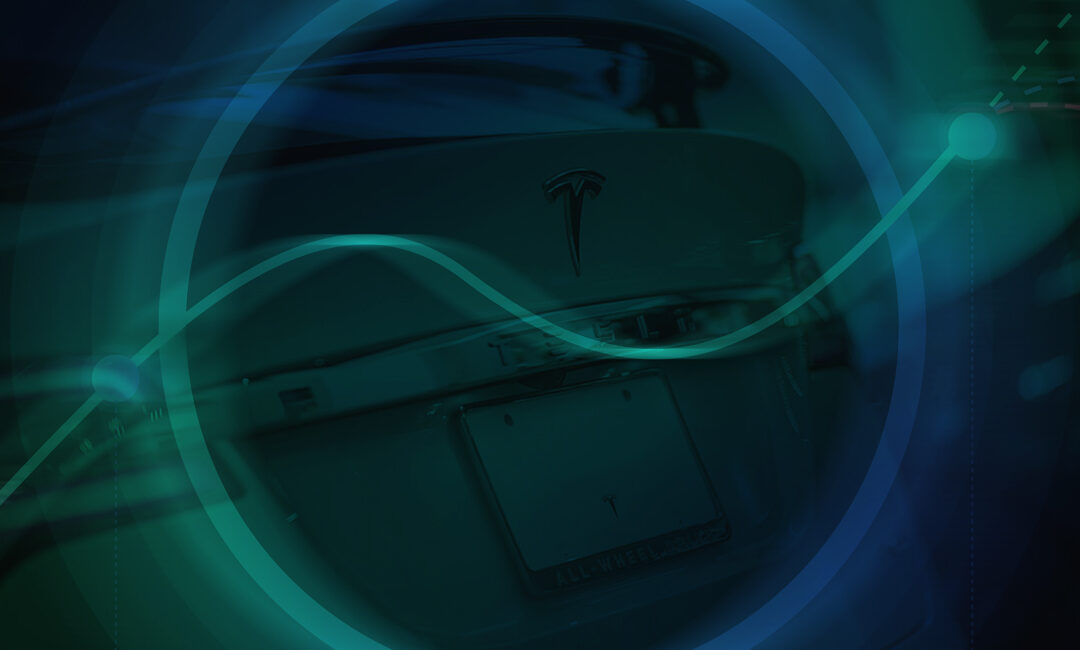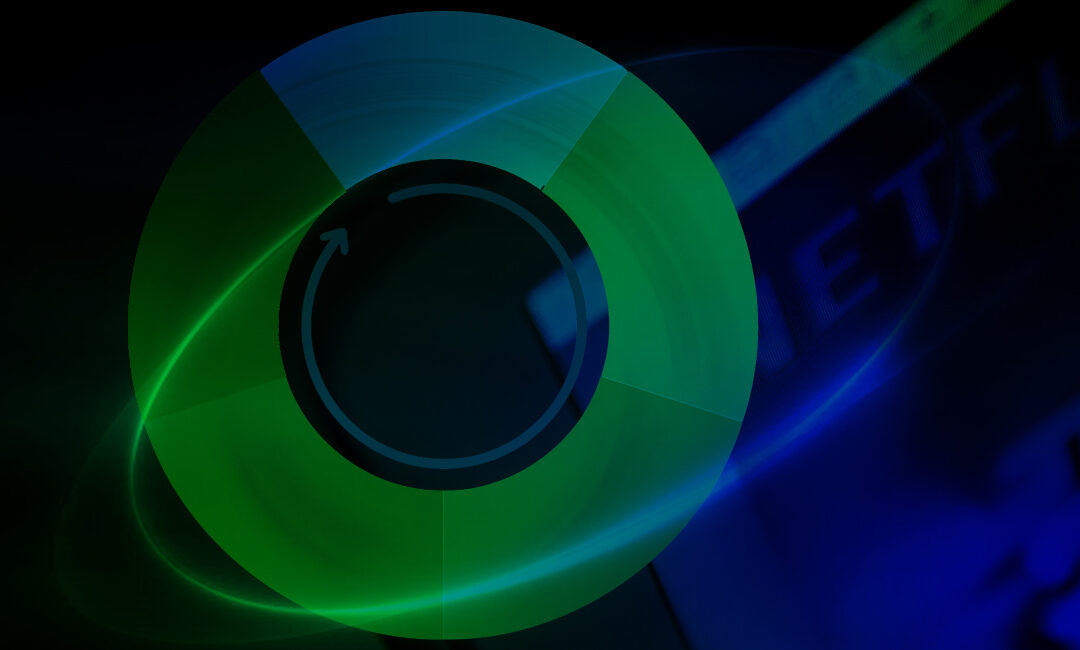
by Nicholas Mitsakos | Book Chapter, Investment Principles, Writing and Podcasts
The world economy is an infinitely complicated web of interconnections. We each experience a series of direct economic interrelationships: the stores we buy from, the employer that pays us our salary, the bank that gives us a home loan, etc. But once we are two or three levels degrees separated, it’s impossible to really know with any confidence how the connections are working. That, in turn, shows what is unnerving about the economic calamity potentially accompanying the coronavirus.
In the years ahead we will learn what happens when that web is torn apart when millions of those links are destroyed all at once. It opens the possibility of a global economy quite different from the one that has prevailed in recent decades. Or, as John Kenneth Galbraith has said, “we have two classes of forecasters: those who don’t know and those who don’t know they don’t know. “The bottom line is establishing and maintaining an unconventional investment profile requires acceptance of uncomfortably idiosyncratic portfolios, which frequently appear imprudent in the eyes of conventional wisdom. We are entering a new world and must think differently.

by Nicholas Mitsakos | Book Chapter, Investment Principles, Investments, Writing and Podcasts
Businesses that combine closed-loop, arms dealer and monopoly characteristics represent something fundamental that is shifting in the global economy. They represent automation that is pervasive, smart, and is a layer that sits across the entire economy. Data processing and prediction build these business models. They permeate all services, including supply chains, logistics, mobility, and consumer offerings. Pervasive and innovative, they represent opportunities for increasing investment returns. Incumbents enhance their position, generate increasing value, create challenging barriers, enable more innovation to solidify their position and will sustain their value because of this new competitive dynamic. Innovation is always a threat, and value can be created from a new entrant, but the bar is increasingly higher for both the level of disruption and quality of innovation to an existing or even new market.
To be sure, new opportunities will be created as new technology develops. An example is the wireless data and smart phone market. Essentially, 4G mobile technology enabled the substantial value creation at Facebook, Netflix, Uber and AirBnB. These companies could build their services on top of this technological platform and create not only a new competitive business, but a new market where they could be the dominant player. As 5G develops and we see unimagined high-speed for data, entertainment, communication, and other services, we will have new businesses and opportunities created on this platform – only so much can be imagined today, others which are yet to come. But there will be real-time connection with customers enabling new and innovative products and services, artificial intelligence permeating software and communication enhancing quality and innovation further, enhanced gaming (perhaps even to a professional level), and virtual reality and augmented reality perhaps finally becoming the market opportunity that has been imagined for many years. This list is far from exhaustive, and without doubt, there will be valuable companies created whose business models we can’t quite imagine today.

by Nicholas Mitsakos | Book Chapter, Investment Principles, Writing and Podcasts
Investments are typically analyzed singularly, and collection is considered a “portfolio.” This is a mistake because, while each investment has its own risk and return profile, the combination represents one single combined investment. In other words, a portfolio should be thought of as one investment with its own risk-adjusted return profile. That is, an investment with its own risk-adjusted return. It has dynamic components which consist of each investment within the portfolio. But a portfolio should not be viewed as a collection of investments with different risks.In thinking about where to invest, one of the most important components is to first think about the industry or sector where the company competes. It is important to target specific industries that are worth the investment. A great company within a mediocre sector is not worth the time. As an example, GE, once one of the world’s most valuable companies, has lost most of its market value because it competed in sectors, such as large turbines for energy generation, that were no longer attractive. It doesn’t matter if, according to GE’s standards, it was the number one or number two competitor in that sector. The sector is not worth the time. As it has now been shown, that matters more than how successfully one competes.Of course, it does matter how well a company competes once you chosen an attractive sector. An example here is Nvidia, a company that not only participated in an extremely attractive sector – specialized integrated circuits for intense processing, initially focused on gaining and then artificial intelligence – it competed effectively to become an industry sector leader. As a result, its value has increased almost 10 X in the last seven years.Different sectors have different risk components, and different companies competing within the sectors also have different risk profiles. It is appropriate to combine securities with different risk profiles, in both its sector and competitive position. Each of these companies can be thought of as a growth, defensive, cyclical, or stable investment, for example, depending on these different profiles.Fundamentally, a successful investment strategy combines companies competing successfully in attractive sectors offering unique risk-adjusted return when combined into a single portfolio. It is this investment strategy where the risk-adjusted return is superior. What do we mean by risk-adjusted return? A simple way to explain this is through an “S” curve, as demonstrated below. There is a relatively flat bottom increasing in degree and slope. Sometimes, the slope will increase at an increasing rate, a phenomenon known as “convexity.” We will discuss this later, but convexity is one of the key attributes to an attractive investment. But, as we can see, those returns begin to diminish as we approach a changing slope in the curve.There is a relative flattening at the top of the curve. This is true for every investment. The timescale may be different (attractive returns might be earned for a short time or, potentially, for decades, but, returns eventually flattened). There is no escape from this phenomenon.

by Nicholas Mitsakos | Book Chapter, Investment Principles, Writing and Podcasts
If asymmetry and convexity exist, this investment will have a much greater risk-adjusted return, and those positive returns will increase at an increasing rate. Obviously, these are the most attractive components to the most successful investments. How do we find them? A dynamic that has emerged globally combining industry disruption, technical innovation, customer loyalty, and a worldwide market is the “closed loop” business. This is where a company provides a product or service that is innovative, useful, and generates significant demand. Customer feedback for that product or service provides a “loop” that enables the company to understand its customer better and the attractiveness or negative aspects of the company’s product or service. The customer feedback now enables the company to provide a better product or service and be a more formidable competitor. There is now a loop connecting the company and the customer. If a company is essentially able to close this loop so that the customer values the company’s product or service so highly that the customer will not look for competing products, this will enable the company to grow at an increasing rate. Essentially, this closed loop is a value-generating competitive weapon that improves the product offered, retains customers gets better feedback to make an even better product, retains and attracts even more customers, etc. It enables more effective capital investment, more efficient operations, and improves decision-making from better customer data and responsiveness. This creates a virtuous cycle that spirals the business upward creating a sustainable competitive advantage generating increasing returns. As a result, a company that creates a closed loop with its customers will create the most attractive returns. Another critical component to identify an attractive investment is when a company provides a product or service essential to all competitors within an attractive market segment. In other words, the “arms dealer” to that industry. Arms dealers typically represent a singularly attractive investment opportunity. While the term speaks to a specific legal standard, essentially, monopolies are constructed within industry sectors constantly. A valuable product or service, while perhaps initially part of a fragmented industry, ultimately consolidates into a few, and sometimes a single source supplier. As you can probably see, the arms dealers and monopolies are essentially closed-loop businesses. Often unmentioned, yet the most important component to an investment’s story is the team managing the business, especially the CEO. We have discussed businesses that build slight competitive advantages and the network effect built monopolistic positions or understood how to play a role as the provider of an essential product to all competitors in a growing industry. But without doubt, the most important component of all of this is the people managing the business. Extraordinary companies are built by extraordinary people.

by Nicholas Mitsakos | Book Chapter, Investment Principles, Writing and Podcasts
You cannot escape physics. The value of every investment starts at zero. Entropy is our natural state (thank you to the Second Law of Thermodynamics) meaning that we are constantly fighting the destruction of value. There is always a force, equivalent to gravity, pushing an investment down. Value is created by the efficient use of capital and the created, sustainable competitive advantage. Consistent investment in a thoughtful portfolio will create sustained value, but it is work, and you will always be fighting natural physical forces. One recent example is the financial crisis of 2008 to 2009. 40% of the average equity value was destroyed in this time. However, if one invested consistently at the height of the market and continue to invest through the crash and then ultimate recovery, and investor still earned over 9% annually. Thoughtfulness, consistency, patience, and determination is the most effective way to fight gravity and thermodynamics. The most important way to fight physics and the ultimate effect of gravity is to determine what you are looking for first. Highlight growth, disruption, sustainability – what will have a long-term value creating effect. What sectors make the most impactful difference? Recently, as we look at technology, biotechnology, and other important sectors, we see above average returns because of the impactful nature of the sectors. But technology is also permeating finance (Fintech) and entertainment (streaming services) that are disrupting incumbents and creating disproportionate value to the new entrants. Is this sustainable? Will the disruptors capture value, or will more established companies ultimately win? Observation, questioning assumptions, testing models, and assuming no knowledge regardless of historical experience are the only cures for gravity.
by Nicholas Mitsakos | Book Chapter, Investment Principles, Writing and Podcasts
When to sell is more important than what to buy. One of the biggest mistakes investors make is thinking that their purchase decision is the most important decision they will make. This is misguided because most losses are lost opportunities. They may be buying decisions that were never made, but most likely, they are selling decisions where the decision to sell was made too soon. When Warren Buffett owned 5% of Disney in the 1960s, he made a 50% return. He happily sold the stock. But investment decisions should not be made based on historical returns. Once again, all investments are predictions for the future. Regardless of whether the investment you currently hold has generated a great return or lost you money, what will it do from this point on?
Buying or selling is a crucial investment decision because you are always either buying or selling. There is no such thing as “holding.” If you own something you have bought it. If you would not buy it today but continue to own it simply because you bought it in the past, and not making an investment decision, just simply being inactive. If you are an investor who is buying or selling. Selling decisions tend to be inefficient. One does not need to be active, but one does need to think like an owner. If you own a great company, there is little reason to do anything else other than stay on top of developments within that company and industry to make sure they can remain a great company. Eventually, they will revert to the mean. More than anything, that is an investor’s job – figure out when the company will revert to the mean. That means they will either be losses or tremendous gains in the future as this trend occurs.
Nothing stays above average.

by Nicholas Mitsakos | Book Chapter, Investment Principles, Writing and Podcasts
Look at the facts not the opinion about the facts. Anyone holding themselves out as an expert has, a very deep but narrow knowledge base that is rarely universally applicable. Fundamentally, listening to opinions rarely give useful insight. Often, it assumes looking backward but does not apply to the current situation. Global commerce, trade (and trade wars) tariffs, flexible manufacturing, and global markets, along with technological innovation and automation create significant pressures against inflation, regardless of employment levels. These are the set of facts to be considered, not an assumed economic model where few people understand the actual inputs from 50 years ago.Another example looks at revenue projections based on historical business models. But what happens when those business models are changing? We discussed the example of the metamorphosis from Blockbuster to Netflix where a fundamental change in the business model made revenue projections from the historical model meaningless. Then, Netflix had to change their business model again to one of the original production and international expansion – once again obviating existing models for revenue. Facts are what happened. Specific and verifiable. Knowledge is the appropriate combination of facts. Knowledge comes from understanding the facts that matter. Wisdom is the insight that leads to prediction. At its core, any investment strategy predicts the future. To predict the future effectively one needs the wisdom to grasp what will happen. Of course, this cannot be known, and there are many random events that can affect the future (see Anti-fragile and Fooled by Randomness by Naseem Taleb), and uncertainty should always be factored into any investment decisions or predictions.
by Nicholas Mitsakos | Book Chapter, Investment Principles, Writing and Podcasts
“Assume no knowledge” (Socrates)
No successful company can create or sustain its competitive strength without constantly examining its First Principles. It means defining a problem effectively, understanding the actions needed, and then implementing those plans. This requires a unique combination of perspective, talent, drive, and organizational flexibility. It is rare, but when discovered, it is where the most valuable investments are found. Defining a problem in its most basic form is essential for the most effective solutions. Most thinking stays at a superficial level because not enough thought is given to the problem one is trying to solve. There are many examples of this but mostly it comes from an attitude that says “it can’t be done that way” until, of course, someone does it.
This is the true source of any disruption. It is not simply doing things differently but looking at how the same thing can be done in a more basic and fundamental way. Assumptions about how things work (“assuming knowledge”) impedes innovation. “We’ve always done it that way” is usually the death knell of creative thinking. Many examples exist but some fundamental and obvious examples range from several well-known developments and innovations that were generated more from asking simple, basic questions instead of coming from some ill-defined inspiration.
Obvious answers only come from asking the right questions.

by Nicholas Mitsakos | Artificial Intelligence, Biotechnology, Book Chapter, Writing and Podcasts
A new technique, inspired by quantum cryptography, allows large medical databases to be tapped for causal links. This is a fundamental breakthrough in thinking, and this perspective has the potential to spot cause-and-effect, supercharge medical diagnoses, and use AI effectively.
by Nicholas Mitsakos | Book Chapter, Investment Principles, Writing and Podcasts
It is the reasonable person who stops and sees, connecting the dots and not trying to manipulate reality to fit your vision. The unreasonable try to force change where it is unwelcomed, or, more often, stick to a belief increasingly at odds with the world’s reality. The reasonable person looks at the world and tries to connect the dots others don’t see – but the dots are there. They may seem unrelated to most but seeing what most miss is innovation’s foundation. It is connecting those dots and seeing how things can connect – not forcing something that isn’t there or ignoring what is and how it has changed. It is only afterward that a new idea seems reasonable. To begin with, it usually seems unreasonable. Don’t be fooled and believe you must force change.

by Nicholas Mitsakos | Book Chapter, Writing and Podcasts
Failing to get work done is an increasingly common experience. Maybe the reason we find it so hard to get anything done is that most of the things we do just fundamentally don’t need to be done. All the productivity lifehacks out there are ultimately missing the point: we’re avoiding our work because our work is pointless.

by Nicholas Mitsakos | Artificial Intelligence, Biotechnology, Book Chapter, Investments, Technology, Writing and Podcasts
This article was written by Nicholas Mitsakos : Chairman and CEO at Arcadia Capital Group. Disruptive technologies are apparently being developed faster than we can adapt to the full impact of their disruption. Really? Internet time may not be the fast-paced...









